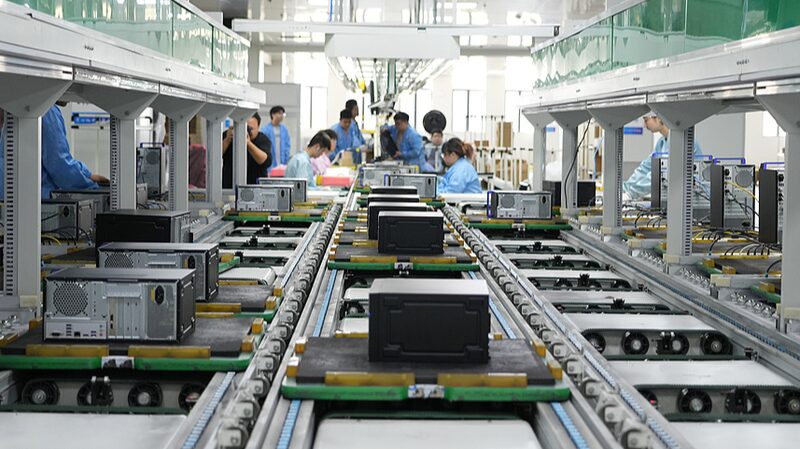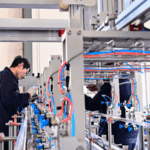Marking a decade of the Belt and Road Initiative (BRI), global leaders are spotlighting the power of public-private partnerships to drive sustainable development. 🌱 Private enterprises, from the Chinese mainland to Africa, are now seen as essential collaborators in building infrastructure, boosting tech innovation, and bridging economic gaps worldwide.
Why Private Enterprises Matter
In a recent dialogue, Sanda Ojiambo, CEO of the UN Global Compact, emphasized that businesses are the \"hidden champions\" of BRI’s success. 💡 \"They bring agility, fresh ideas, and resources that governments alone can’t match,\" she noted, comparing the initiative’s growth to a \"global collab\" between nations and companies.
Sustainability as a Shared Goal
Ojiambo highlighted that BRI projects are increasingly prioritizing green energy and digital connectivity, with startups and multinationals alike contributing solutions. 🌐 From solar farms in Southeast Asia to smart cities in the Middle East, sustainability isn’t just a buzzword—it’s a business imperative.
As BRI enters its next decade, the focus shifts to inclusivity: \"Every investment must empower local communities,\" Ojiambo added. 🤝 With youth-led startups and digital nomads reshaping economies, this initiative is proving it’s more than just roads and railways—it’s about building a shared future.
Reference(s):
BRI Economic Talk: A decade of global collaboration & shared vision
cgtn.com






